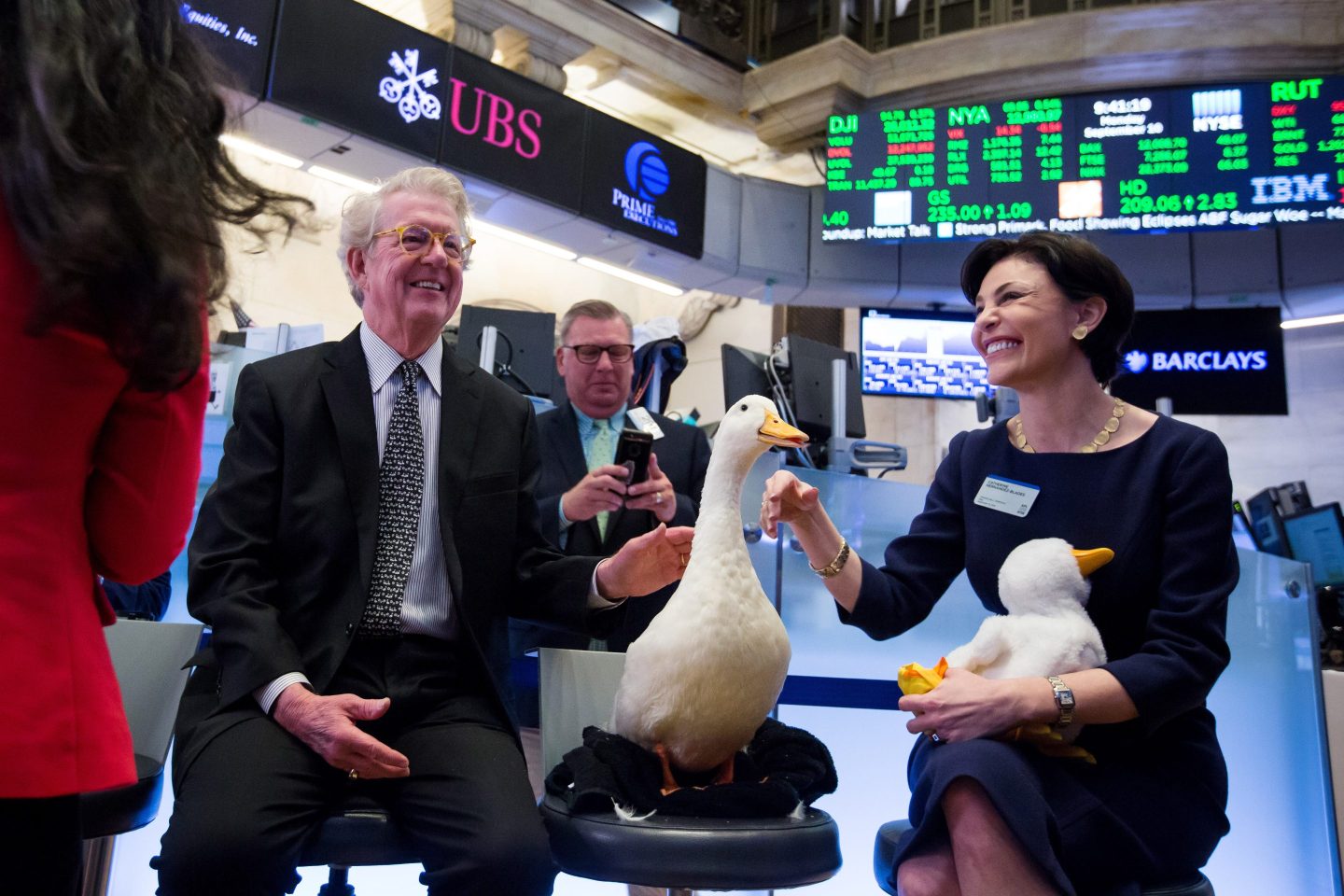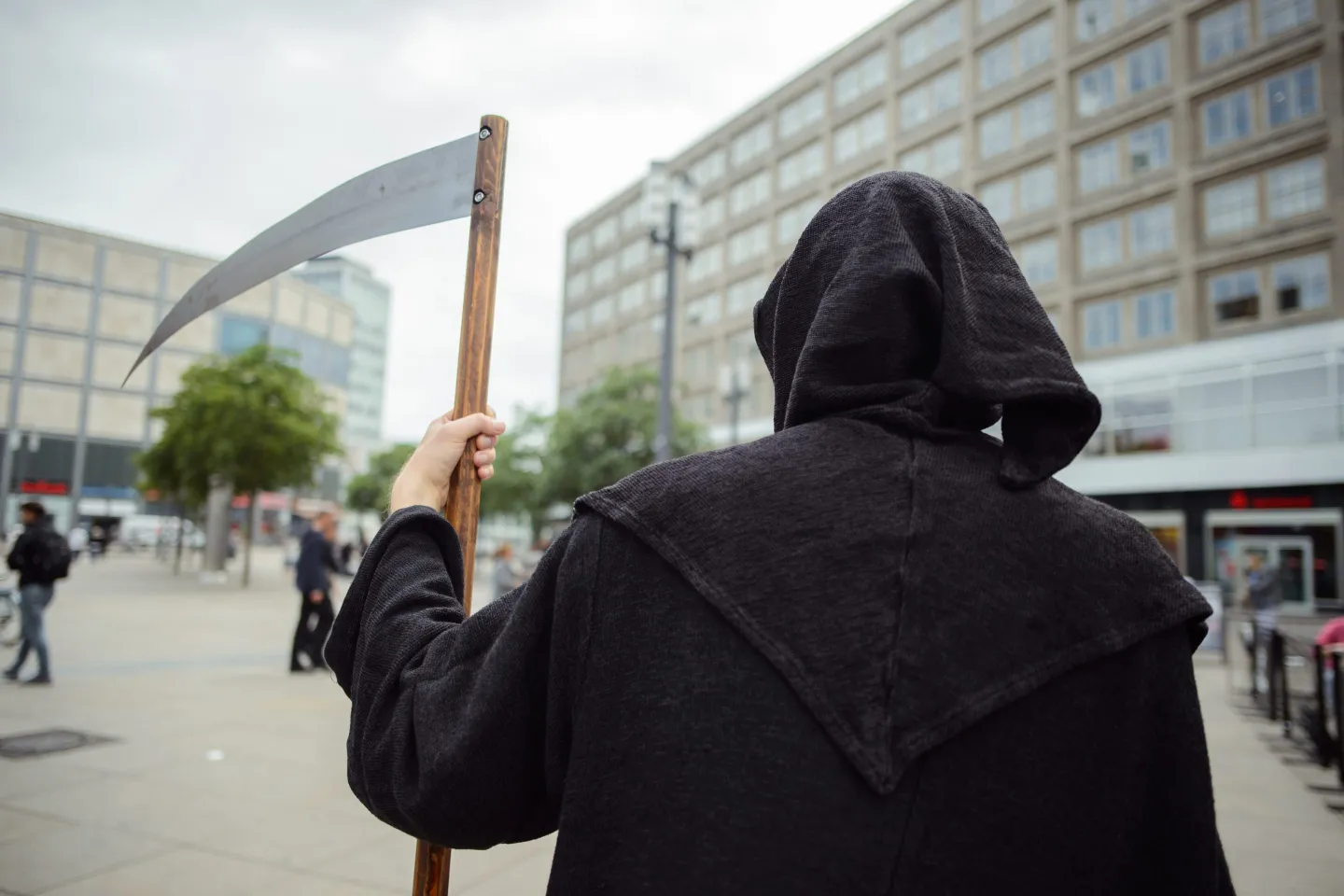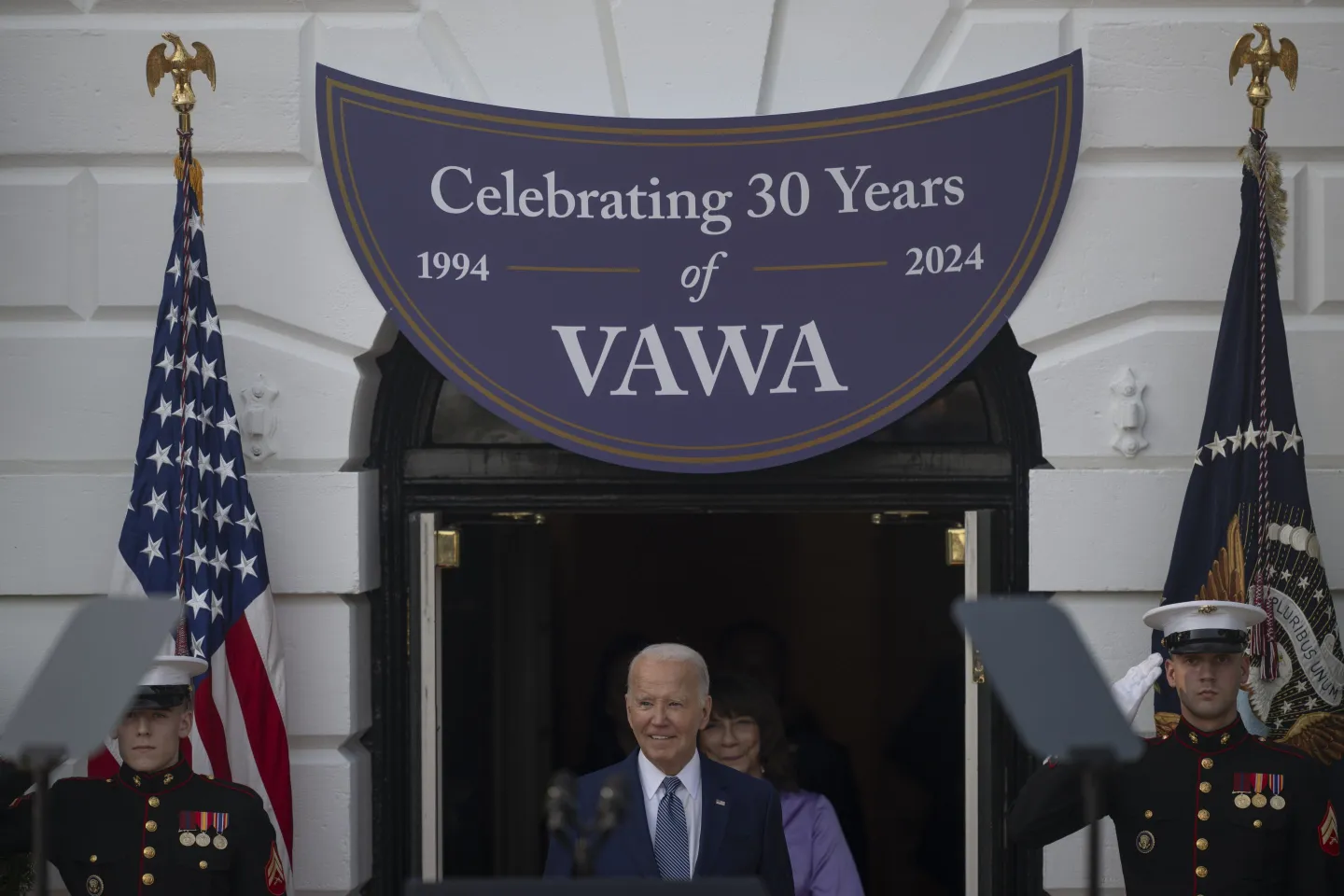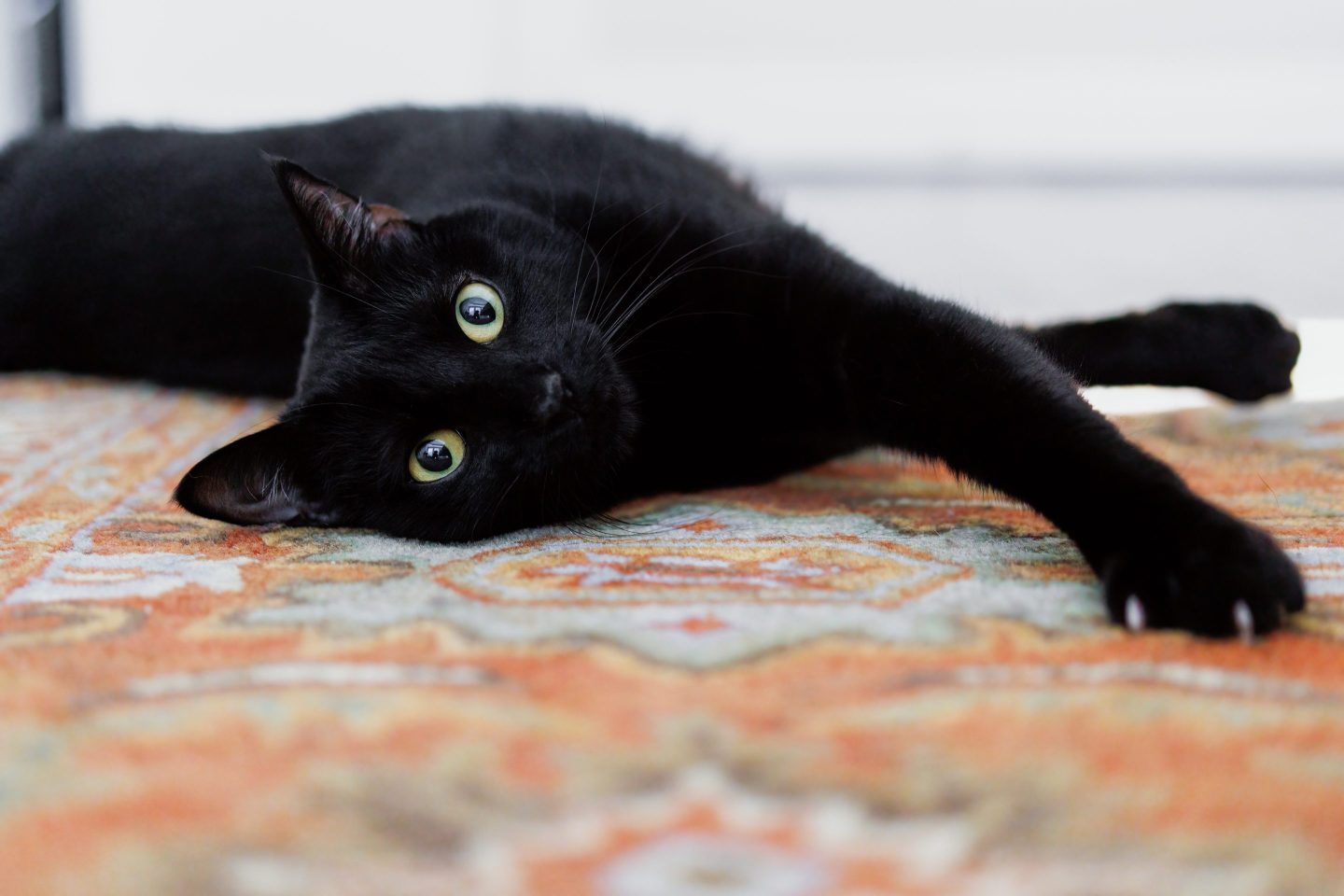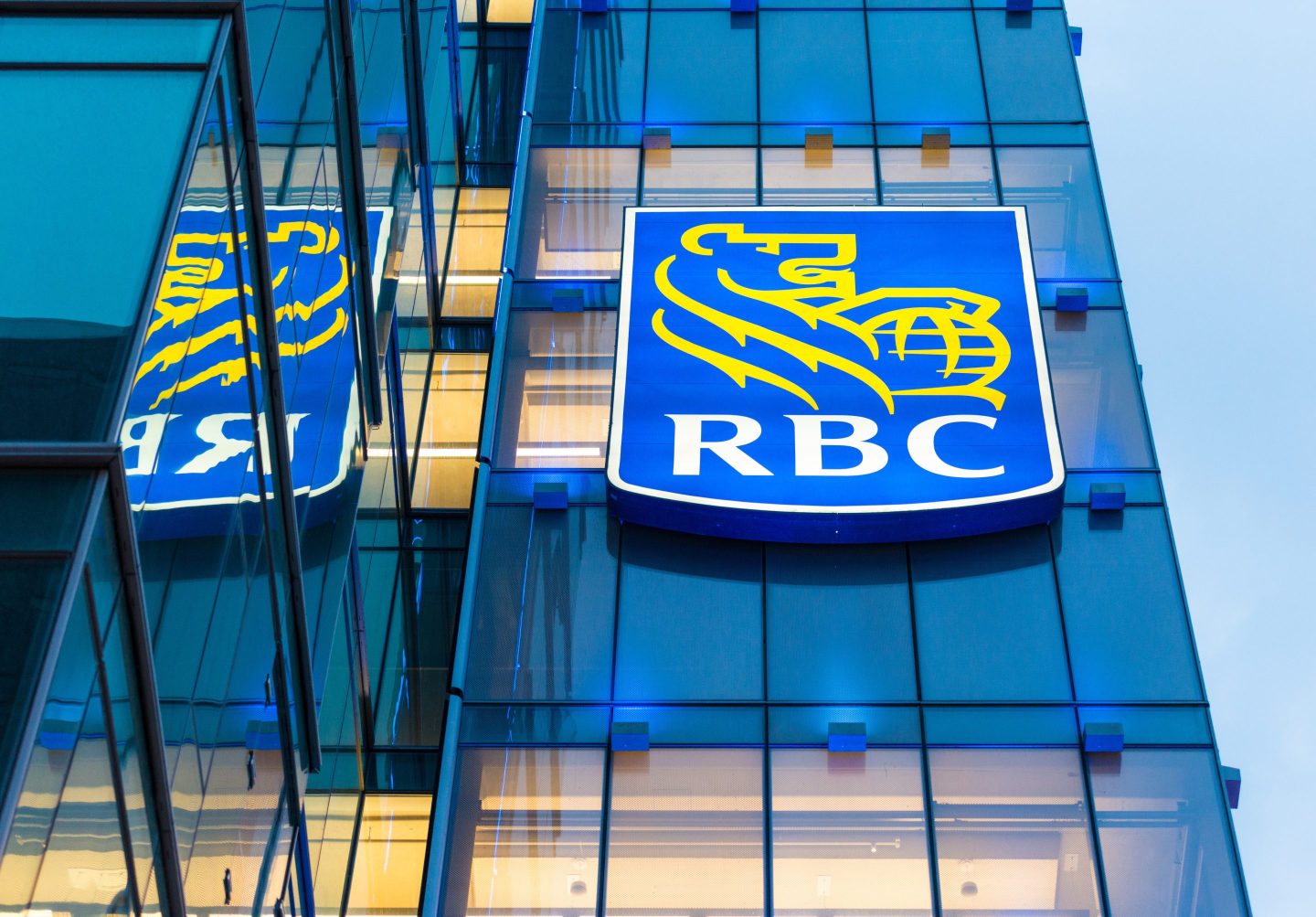Good morning. Fortune senior features writer Maria Aspan here, writing from New York City.
A few months ago, at a holiday party, I started chatting about traveling in Japan with an executive at Aflac. I thought I knew a lot about his company—that duck, those TV commercials, “AFLAAAAC!” But our conversation sparked my curiosity about the oddball life insurer; its improbable main market of Japan; its lesser-known business focus on cancer; and its longtime CEO Dan Amos, who’s been running the family-founded company for 34 years.
That makes Amos the fifth-longest tenured CEO of the Fortune 500, behind only Warren Buffett and a handful of other men. It’s a tremendous and rare accomplishment, especially given that the average Fortune 500 CEO lasts seven years. And, at age 72, Amos is healthy and isn’t planning on stepping back anytime soon: “There’s only so many fish I can catch,” he told me in February, when I visited the Aflac headquarters in Columbus, Ga. “I’m not going to be that good of a retiree.”
On the one hand, that’s great news for Aflac’s investors. Since Amos became CEO in 1990, succeeding his uncle (and Aflac cofounder) John Amos, he’s increased Aflac’s annual revenues sevenfold and sent its stock price and shareholder returns soaring. In particular, his decision to launch an unusual TV commercial in 2000, unleashing that squawking duck mascot, supercharged Aflac’s business and helped change how all insurance is marketed today.
Yet Aflac is also starting to show its age. Annual revenues have been shrinking since 2019. It’s facing a population crisis in Japan, where Aflac makes 70% of its profits, and where its core customers are aging—and dying out—at an alarming rate.
And even if he remains CEO for decades to come, Amos is closer to the end of his tenure than his beginning—raising questions about how he’s preparing his company to thrive after him. “Longevity brings stability,” says Cathy Seifert, an insurance industry analyst for CFRA Research. “But are you marking time? Or are you staying relevant and dynamic?”
I sat down with Amos to discuss all of this, for a feature profile in the new issue of Fortune. Our conversation ranged from the wacky—yes, there will be duck puns—to what Amos called the “feeding frenzy” over President Joe Biden’s age, and the wider discourse about the mental fitness of older leaders.
I came away with the impression of a CEO for whom all these business questions are incredibly personal. After running Aflac for 34 years, “it feels like one of my children,” Amos told me. “I believe I’m a better CEO because of the family connection.”
Read my full story here.
Maria Aspan
maria.aspan@fortune.com
@mariaaspan
TOP NEWS
‘Every bubble has a compelling narrative’
Cognition Labs, founded in November, makes Devin, which it describes as the “first fully autonomous AI software engineer.” It launched Devin this month and it’s generated no real revenue. Still, after turning down offers valuing Cognition Labs at $1 billion, it's now reportedly in talks with investors for a deal valuing it at up to $2 billion. Cognition might well justify the lofty valuation, but as more AI ventures snag large sums from investors, the sense of a bubble is increasing for some analysts. Fortune
Ray Dalio's successor
When Ray Dalio handed over the reins of Bridgewater Associates 18 months ago, he ceded control of the world’s biggest hedge fund at a difficult moment. CEO Nir Bar Dea would need to revive a flagship hedge fund that was once the industry’s most profitable but has since lagged rivals. After a major management shakeup, the results are mixed. Bloomberg
China factory rebound
AROUND THE WATERCOOLER
Smartphone maker Xiaomi switches from Apple to Tesla challenger as its first EV racks up 120,000 orders in 36 hours by Steve Mollman
The American sports tycoon who wants to build Yankee Stadium in Milan may have found his nemesis: Italian bureaucracy by Paolo Confino
Tony’s Chocolonely is one of the world’s fastest-growing chocolatiers. But its boss says selling chocolate isn’t the main goal—shaking up the entire cocoa industry is by Prarthana Prakash
Kia parent Hyundai mulls making hybrids at its EV ‘metaplant’ in Georgia as state reels from Rivian delaying $5 billion factory by Steve Mollman
Girl Scouts head reveals how her organization created 8 Fortune 500 CEOs: ‘They all have memories and experiences that they tie back to that’ by Rachel Ventresca
This edition of CEO Daily was curated by Ian Mount.
This is the web version of CEO Daily, a newsletter of must-read insights from Fortune CEO Alan Murray. Sign up to get it delivered free to your inbox.
